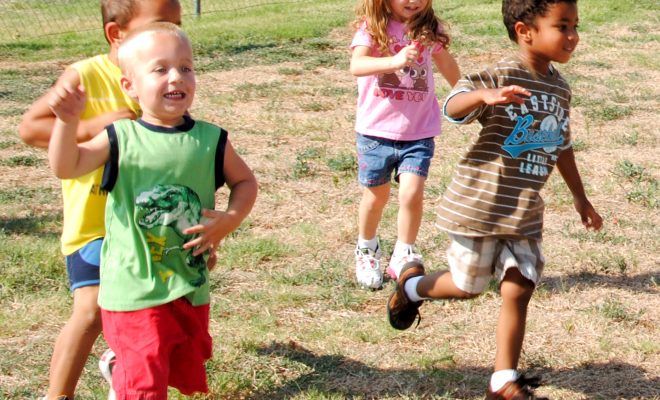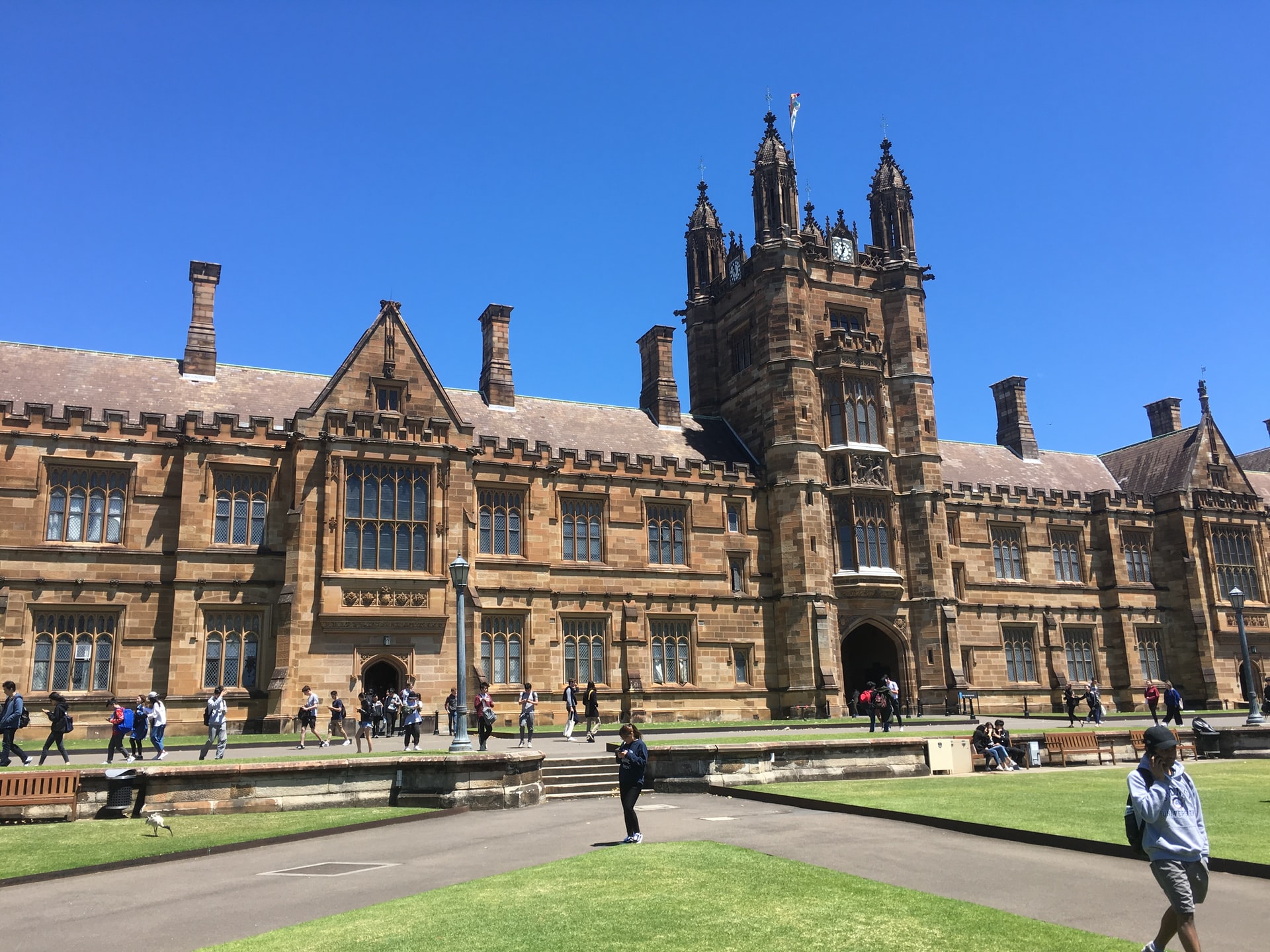2023 Best Bachelor’s in Special Education Programs

Click here to find out more about the ranking methodology that we used to compile this list.
Congratulations! If you represent a college or university that is included in this list, please collect your seal below.
Deciding which college to attend can be a daunting task. For many, it will be the most important decision that they make in their lives. To make an informed decision, you have to consider a lot of variables, such as cost of attendance, financial aid, student/teacher ratio, academics, student life, and more. These factors will either positively or negatively impact the quality of education that you receive.
Do you want to acquire a bachelor’s degree in special education, but don’t know what institution you should attend? Well, if you are as ambitious as I was in my late teens, then you want to attend a top school, instead of an average or mediocre one. Fortunately, we have already done the legwork for you. To help you find the right school for your interests and goals, we’ve compiled a list of 2022’s best bachelor’s in special education programs.
What institution did we forget? Leave your thoughts in the comment section below.
Learners who wish to help learners struggling with disabilities can receive their bachelor of science from one of the most outstanding schools for special education. Vanderbilt has several specialty areas, including mild and moderate disabilities, several and severe disabilities, and visual impairment. Vanderbilt also enables special education majors to combine the degree with other relevant majors, including child development or cognitive studies. This degree leads to K-12 licensure and requires an extensive field internship. The institution follows conventional semesters, and most full-time learners finish their degree within four years.
At the University of Wisconsin-Madison, potential special education learners can receive their bachelor’s from one of the most outstanding schools for special education degrees that has nearly a 100 percent job placement record for graduates. This degree program leads to licensures in middle childhood through early adolescence or early adolescence through adolescence education. The University of Wisconsin-Madison also has a dual major degree program allowing special education learners to become certified elementary teachers. The standard BS in special education requires 120 credits and 30 credits in-field experience. Learners considering the dual path may need to finish additional classwork.
The University of Texas at Austin has a bachelor of science (BS) in applied learning and development via the institution’s all-level generic special education program, which enables graduates to teach K-12 children with varying disabilities. Learners can also work toward licensure in special education and early childhood through grade six. This five-semester degree program requires 127 semester hours following conventional, 16-week semesters. Learners must finish 1500 hours of field experience, which greatly surpasses the minimum state prerequisites. Special education learners must also engage in a student teaching experience. The University of Texas at Austin also offers career services, including cover letter and resume writing, mock interviewing, and job fairs.
The University of Maryland-College Park trains qualified teachers who can meet the needs of learners struggling with disabilities. The University of Maryland-College Park has a 121-credit hour BS in early childhood special education and a 120-credit hour BS in elementary and middle school special education. Learners can receive their degrees in four years or less. Programs prepare learners to pass the Praxis II licensure exam and require field experiences across learners’ junior and senior years. While graduates can obtain licensure in Maryland, they also qualify for reciprocity in 49 states.
The University of Minnesota has a bachelor of science (BS) in special education. This degree program requires 120 credits, which most learners finish within four years. While the institution has a preset graduation path, learners can work with a counselor to customize their experience; however, learners should note that any alterations may result in a longer degree program length.
The University of Illinois has an outstanding on-campus special education degree program for undergraduate learners. The University of Illinois values involved candidates who can prove their commitment to helping individuals with disabilities. Therefore, learners should have at least 50 hours of experience to be enrolled in the degree program. This degree program requires 125 credit hours, along with field experiences and a culminating student teaching experience. This degree program leads to licensure in the state of Illinois. Semesters follow conventional semester schedules, and most learners receive their degrees within four years.
Ohio State University has an outstanding on-campus special education degrees for learners interested in serving individuals with disabilities. During their bachelor of science in special education program, graduates get pertinent knowledge and skills to pass their licensure exam. Learners may focus on early childhood intervention, mild to moderate intervention, or moderate to intensive intervention. Learners focusing in early childhood obtain a license to work with learners K–3, while the other two focus areas lead to K–12 licenses. Special education learners must engage in field-based and student teaching experiences.
The College of Education at Michigan State University has a five-year bachelor of arts (BA) in special education, which leads to a K–12 endorsement and an elementary teaching license. Learners graduate with more than 1,000 hours of field experience. In the fifth year of the degree program, learners engage in a rigorous internship experience, which enables them to enter the workforce fully ready. Many professors work with local schools and communities, where learners also get with valuable opportunities for mentorship.
The University of Georgia has a bachelor of science in education (BSEd). Learners can select from a BSEd focusing on adapted coursework and autism, birth through kindergarten, or general coursework. Despite the focus, learners must finish a minimum of nine practicum hours and 15 student teaching hours. Additionally, learners engage in field experiences every semester. Learners also benefit from small class sizes and a cohort style format, which ensures a supportive and cooperative environment.
The McKay School of Education at Brigham Young University endeavors to prepare qualified special education teachers who can meet the needs of learners with disabilities. Learners may choose either two emphases: mild to moderate disability or severe disability. The mild to moderate degree program has 63 credit hours, and the severe degree program has 66 credit hours. Additionally, learners must finish a six-week practicum during the summer and a student teaching internship. Learners must finish several foundation classes and obtain at least 10 volunteer hours working with mild to moderate disabled individuals and another 10 hours with individuals who have a severe disability.
The School of Education at Indiana University has two undergraduate programs for learners interested in working with special needs students. The BSED in elementary education and elementary special education offers learners with dual licensure. Most learners receive this degree within four years, which means completing 124 credits. Indiana University also has a BSED in secondary special education, which contains exceptional needs from early to late adolescence. Learners select English, math, or science as a content area specialty. Learners who select this path receive their degree in four years and must finish 120 credit hours.
At Clemson University has a bachelor of arts (BA) in special education, which exceeds the minimum state prerequisites for field experience that leads to licensure. Unlike other schools, Clemson learners engage in field experiences from the beginning of the degree program. At the end of the degree program, learners engage in a culminating, two-semester field training along with their 12-week student teaching placement. Full-time learners can receive their degree in four years. This degree program requires 123 semester hours.
The College of New Jersey features their two special education programs that allow learners to receive their bachelor’s and master’s degrees in just five years. Learners interested in working with young children can enroll in the early childhood special education degree program, which readies learners to serve children from preschool through third grade. Learners who would like to work with older children can receive a special education and elementary education degree, which leads to licensure in fields. The five-year programs also require learners to finish a liberal arts major.
Pennsylvania State University offers several special education degrees. This degree endeavors to prepare qualified educators who can handle daily responsibilities encountered when working with special needs populations. Therefore, learners must obtain 80 hours of experience with children who have varying levels of disability. Furthermore, each learner is assigned a SPLED advisor who collaborates with college advisors to guide learners in the degree program. Penn State’s four-year bachelor of science in special education degree requires 121 credits to graduate.
The University of Utah has a bachelor of science (BS) in special education specializing in mild to moderate disabilities, severe disabilities, preschool to early intervention special education, visual impairments, or deaf and hard of hearing. Learners should examine programs closely, as some have different concentration options. These special education degree programs consist of 135 to 144 credit hours; learners enrolled full-time receive their degree within four years.







